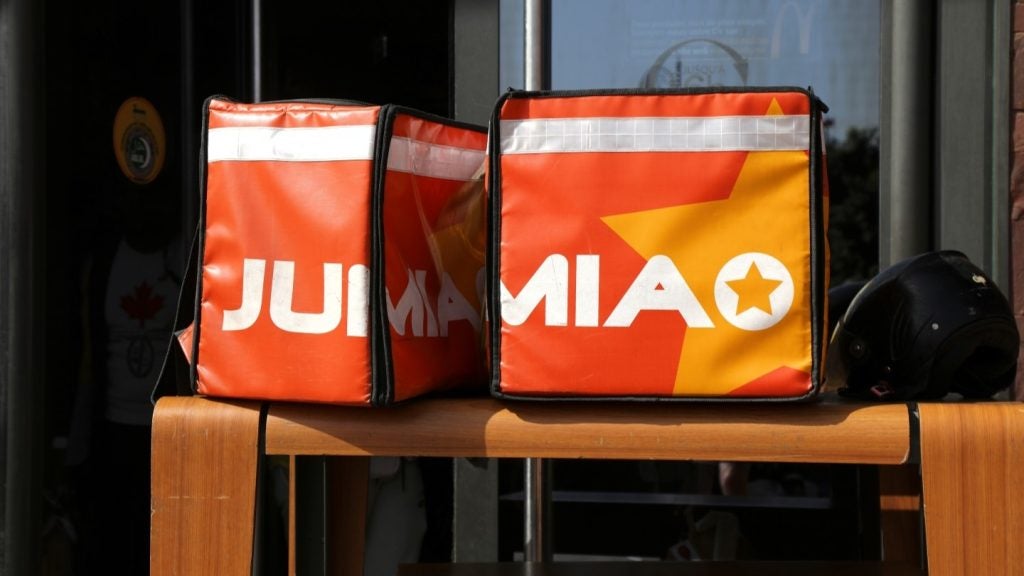African online retailer Jumia has decided to cease its food delivery service, Jumia Food, in Algeria, Ivory Coast, Kenya, Morocco, Nigeria, Tunisia and Uganda, according to Tech Crunch.
Following a strategic review, Jumia concluded that the business does not align with its current operating environment and macroeconomic conditions in its markets.
The company will discontinue the food delivery services across these markets by the end of this month.
The decision is part of the company’s plan to optimise capital and resource allocation to achieve profitability.
The company has been seeking to bring down its costs since early 2022. It discontinued food delivery services in Egypt, Ghana and Senegal and stopped logistics-as-a-service across all markets except Nigeria, Morocco and Ivory Coast.
The company also withdrew Jumia Prime across all markets to cut costs.
While the company had succeeded in reducing losses, the food delivery business has never achieved profitability.
Tech Crunch quoted Jumia CEO Francis Dufay as stating: “The more we focus on our physical goods business, the more we realise that there is huge potential for Jumia to grow, with a path to profitability.
“We must take the right decision and fully focus our management, our teams and our capital resources to go after this opportunity. In the current context, it means leaving a business line which we believe does not offer the same upside potential — food delivery.”
The company will now focus on its physical goods delivery business and maintain its JumiaPay operations across all of the markets.
Jumia's finance and operations executive vice-president Antoine Maillet-Mezeray noted that the decision to exit the food delivery was rooted in prioritising opportunities and expected return on investment.
Employees within the food delivery services will be transitioned into the continuing physical goods business.
Last month, online food delivery platform Bolt Food announced its exit from the Nigerian market for strategic reasons.









